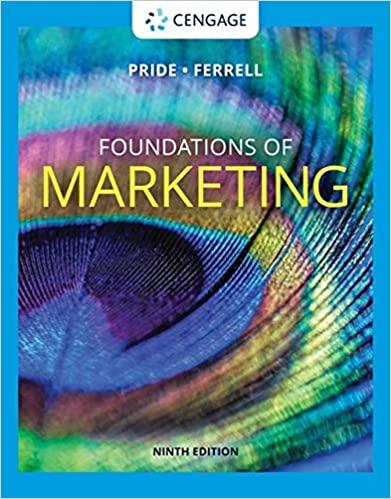Question
Abstract of this? The life-course perspective emphasizes the interconnectedness of individual lives and the sociocultural context in which they unfold. It posits that people's lives,
Abstract of this?
The life-course perspective emphasizes the interconnectedness of individual lives and the sociocultural context in which they unfold. It posits that people's lives, from birth to death, are embedded and shaped by historical, social, and economic factors. This perspective views human development as a journey, guided by both structured pathways and individual agency, influenced by past experiences and future aspirations. Life transitions, turning points, and trajectories are pivotal concepts in this theory, allowing us to understand how events impact an individual's life over time.
The strengths of the theory contextualization: it emphasizes the role of socio-historical contexts in shaping individual lives, making it more comprehensive than theories that focus purely on psychological development. Dynamism recognizes that individual lives can change course based on various events, providing a more realistic and fluid understanding of human development. Interconnectedness highlights how individual choices, societal influences, and historical events interact and shape life trajectories.
Overemphasis on structures critics argue that it may assign too much importance to structured pathways, potentially undermining the role of individual agency. Some elements may not apply universally across all cultures and societies. Its broad scope can sometimes make it challenging to operationalize or apply consistently in research settings.
The life-course perspective was pivotal in shifting the understanding of human development from isolated stages to a more interconnected and fluid journey. It emphasized how external factors, like wars or economic downturns, could influence entire cohorts and reshape individual life trajectories. Today, it provides a framework for understanding how early life experiences can impact later life outcomes and how sociocultural shifts can redefine what is seen as "normative" at different life stages.
Considering Japan, a country with a rapidly aging population and unique societal norms, the life-course perspective helps understand how historical events, like World War II, influenced generational attitudes toward work, family, and societal obligations. However, certain life-course norms, like the age of marriage or retirement, might differ from Western norms. While the overarching principles of the life-course perspective apply, specific trajectories and transitions are influenced by Japan's unique cultural and historical context.
The life-course perspective offers a lens to see human development as a dynamic interplay between individual choices and broader societal factors. It underscores the importance of looking beyond immediate circumstances to understand one's life journey. Personally, this perspective is a reminder that our choices, while influenced by societal norms, can redefine those very norms for future generations. This knowledge emphasizes the importance of understanding one's history, societal context, and the power of individual agency in shaping the future.
Step by Step Solution
There are 3 Steps involved in it
Step: 1

Get Instant Access to Expert-Tailored Solutions
See step-by-step solutions with expert insights and AI powered tools for academic success
Step: 2

Step: 3

Ace Your Homework with AI
Get the answers you need in no time with our AI-driven, step-by-step assistance
Get Started


